Researches developed EV batteries that store 6 times more charge than common ones
Electric Vehicles India
AUGUST 30, 2021
Researches developed EV batteries that store 6 times more charge than common ones . An international team of researchers led by Stanford University has developed rechargeable batteries that store the charge up to 6 times more than the normal currently available commercial ones.

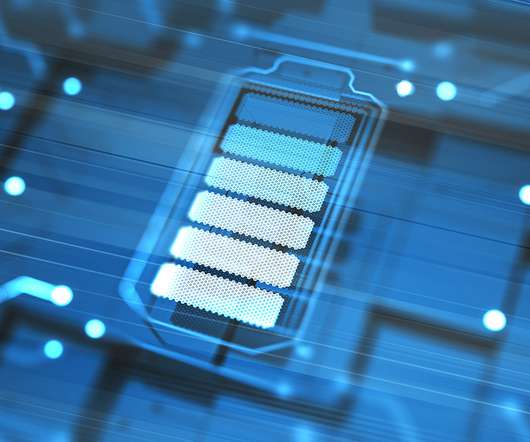
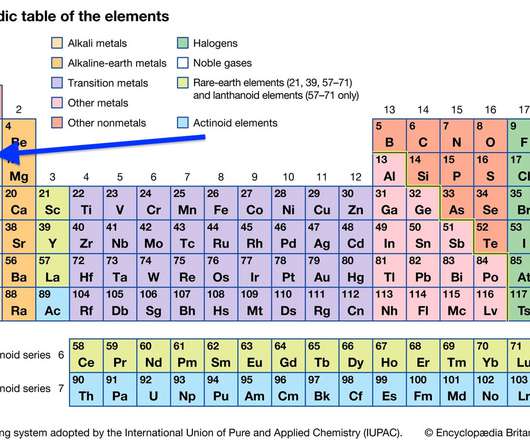






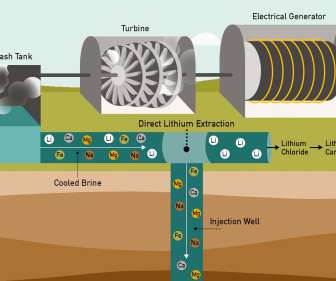
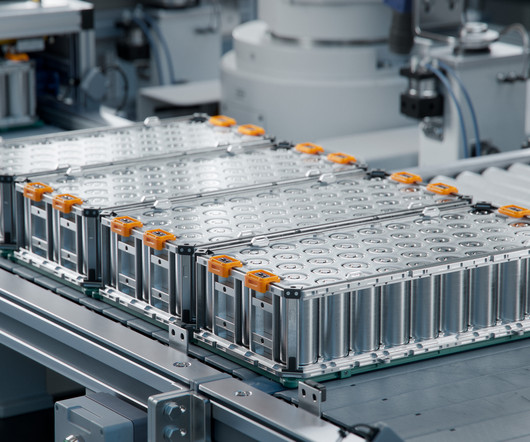




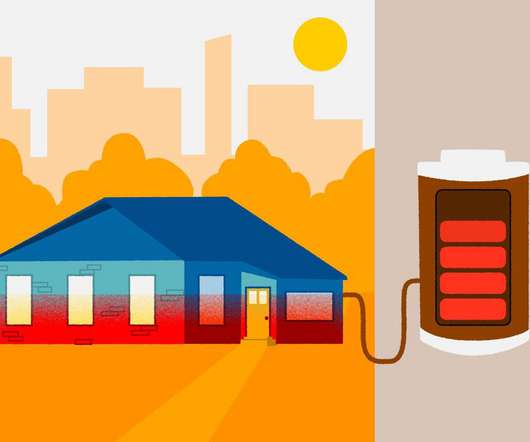


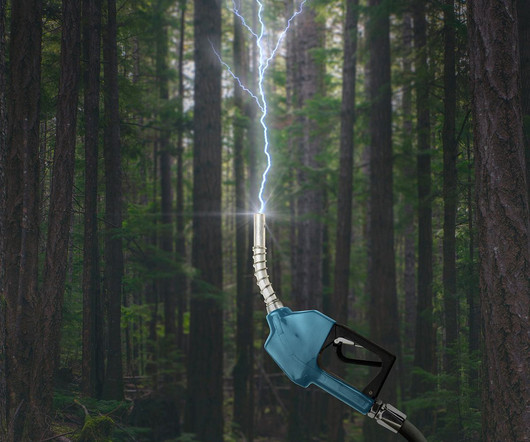











Let's personalize your content